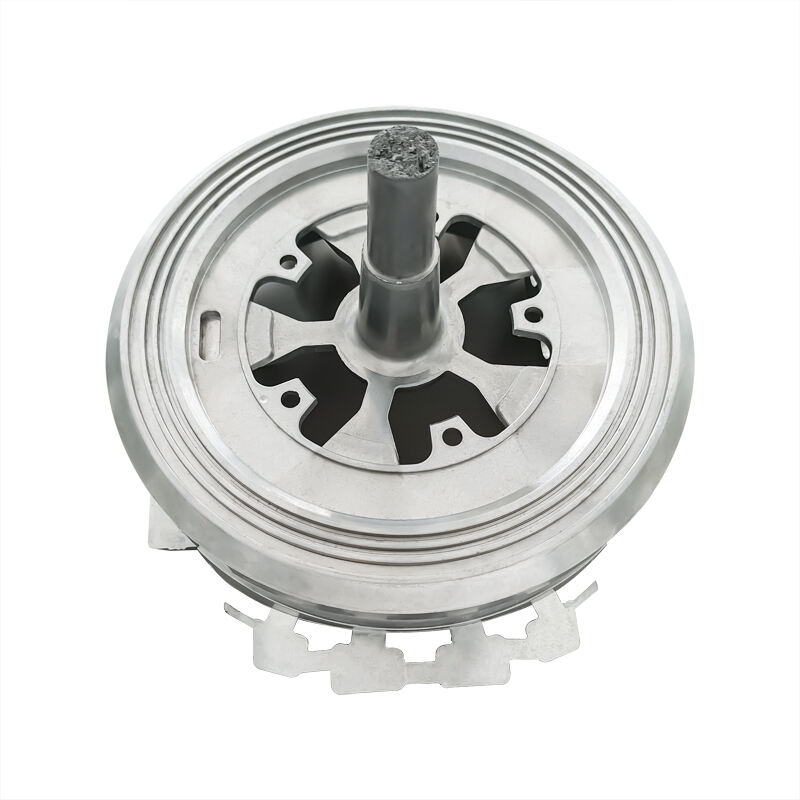Introduction
One such cornerstone of manufacturing is the die Casting industry, which despite its century old history now faces contemporary pressures for environmental sustainability. An increasingly regulated and eco-conscious industry Although the Life Sciences sector is highly inventive, with science improving every day as an increasing number of complex conditions become treatable, it also represents one of unabated growth in pollution. In this post, we will discuss several environmental and sustainability considerations that are defining the way forward of Die casting.
Designing for the Long-Term: Sustainable Material Selection
Die casting sustainability begins with the type of materials selected. Similarly, the demand is rising for reusable materials like aluminum and magnesium alloys that could be recycled several times without its distinct terms. The switch decreases the use of virgin resources—making a closed-loop recycling system that produces less waste and conserves natural ecosystems.
Energy Efficiency Measures
Still, die casting demands a universal concern which is energy consumption that pushed companies to look into solutions for being more cost-effective. This will make energy saving investments, such as buying high performance equipment and ensuring that heating and cooling are used efficiently to reduce the amount of wasted energy. More sustainable operations Since emissions drive up costs, tracking energy consumption can help companies identify ways to do better.
Waste Management and Recycling Campaigns
Take die casting for example, which is a process that involves great expenses of resources such as metal and sand; waste management becomes crucial in this instance. The industry is implementing practices to reduce waste generation like the optimization of gating and runner systems introducing low metal wastage. In addition, recycling programs for scrap materials are being put into place to help maximize the use of secondary materials and minimize environmental impacts while saving groups money.
Water Conservation Efforts
Water is used for cooling, lubrication and cleaning processes during the operation of die casting. The industry has adapted water recycling and reuse systems, with the use of some machines like a free fall punch to save every drop. Since excellent can reduce water consumption by up to 80%, the die casting industry has a proper way on local drains.
Reduction and Control of emissions
Today there is a major global concern about the release of air emissions from die casting operations. In response to this, the industry is moving forward with steps aimed at decreasing emissions such as efficient exhaust systems and controlling of furnace and melting processes. Emission and control system to adhere to environmental regulations which lead to cleaner operations.
Chasing Green Certifications & Standards
In the die casting industry, those looking for green certifications such as ISO 14001 are growing. They show the company has a willingness to follow responsible manufacturing practices and align with environmental policy. Following industry accepted environmental practices creates and allows us to strive for continuous improvement in the performance of our environment.
Life Cycle Assessment and Sustainability Index
Such assessments are performed in order to determine how die casting contributes to the environmental burden for its entire life cycle. This resource offers science-based methodologies, such as sustainability characterization designed to help companies measure the sustainability of how they manufacture. The industry can also create information models and energy equations to help generate a more sustainable world.
Coordination and Investigation for Sustainable Actions
For the sustainable development of die casting in a more comprehensive sense, collaboration is very important among die casting companies, industry associations and research institutions. Advice, simultaneous research of sustainable technology and knowledge sharing will always strengthen the sustainability activity in our industry.
Conclusion
Die casting industry is leading the race in terms of taking up environmental concerns and sustainability issues to lessen its carbon foot-print. Whether it is our raw material selection, energy efficiency optimization or waste management to reduce emissions; each practice not just helps protect the environment but also good on company profile while there growing demand eco- friendly products. With the march of innovation and sustainability throughout teh industry, it heading for a greener future that will secure its place well into the world market in decades to come.
Table of Contents
- Designing for the Long-Term: Sustainable Material Selection
- Energy Efficiency Measures
- Waste Management and Recycling Campaigns
- Water Conservation Efforts
- Reduction and Control of emissions
- Chasing Green Certifications & Standards
- Life Cycle Assessment and Sustainability Index
- Coordination and Investigation for Sustainable Actions
- Conclusion

